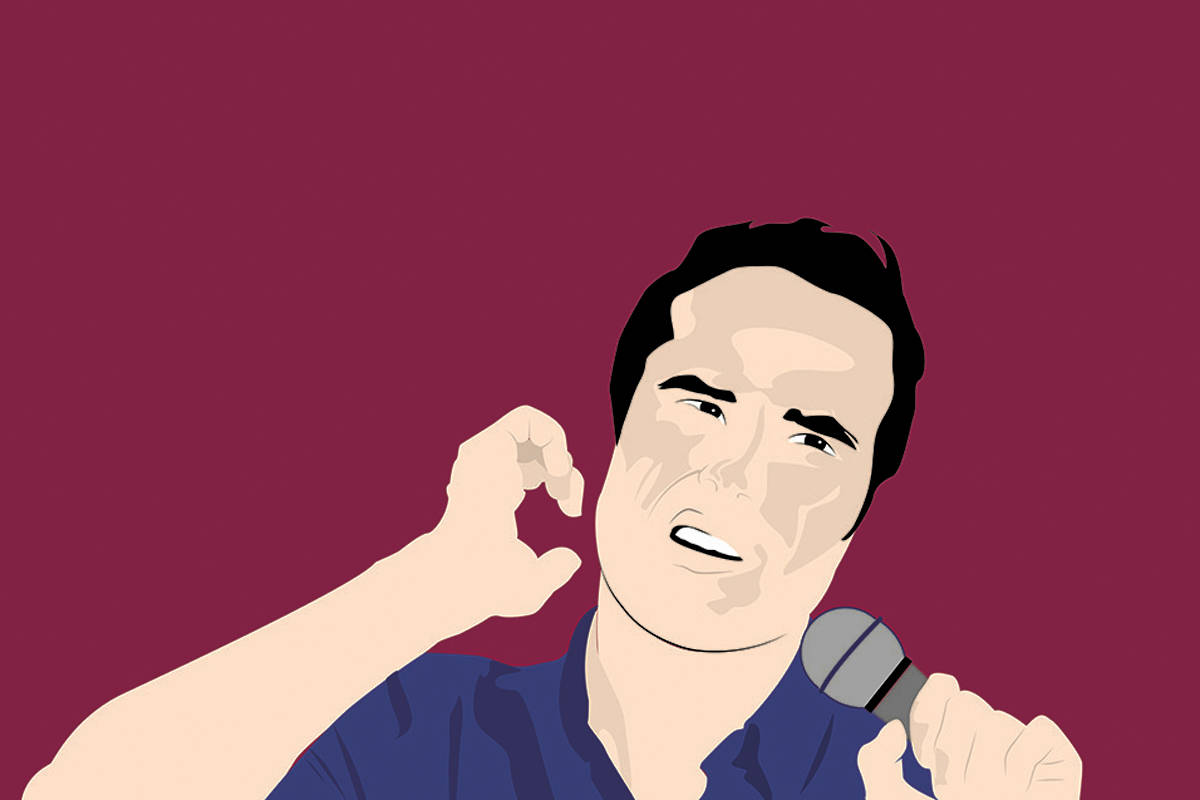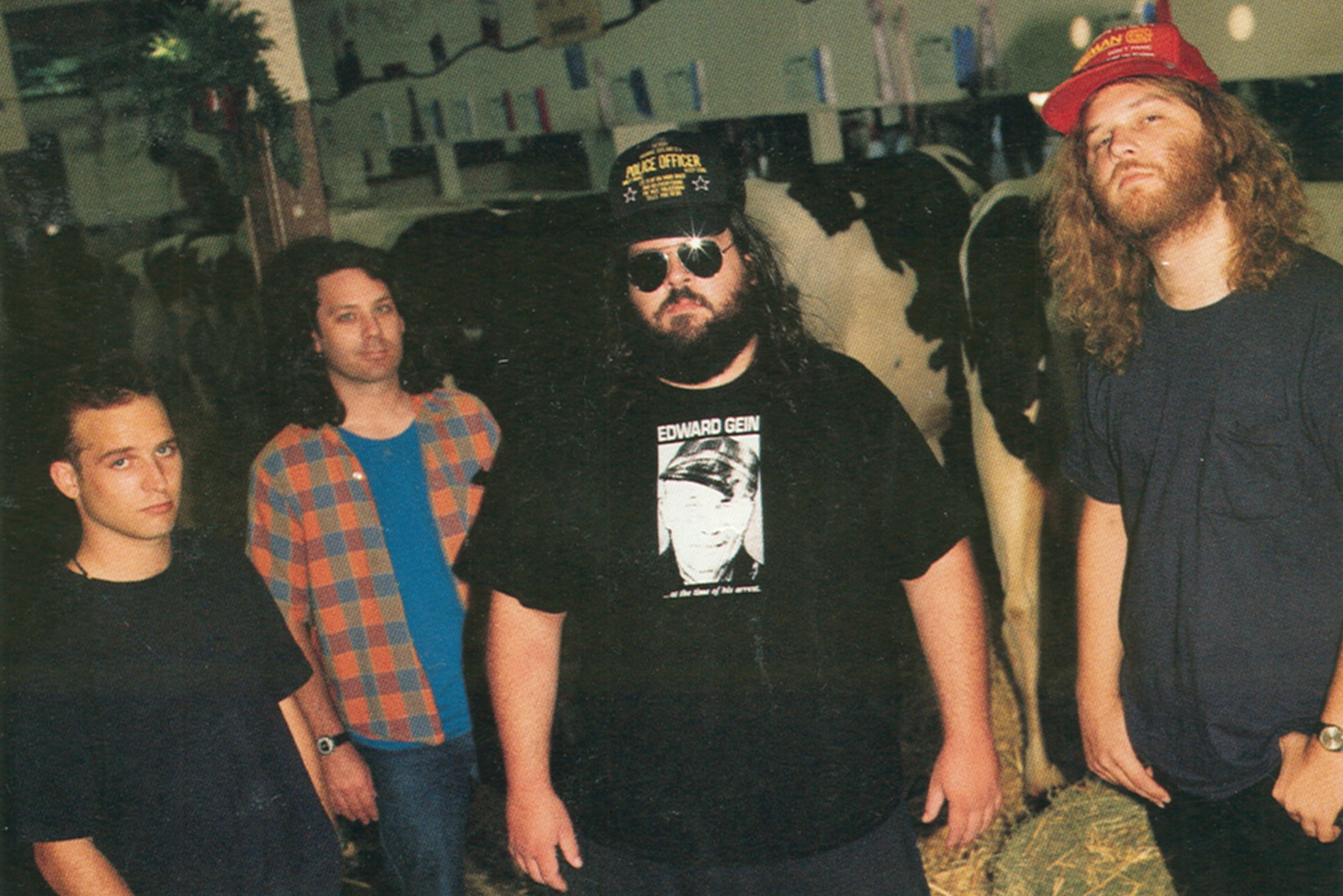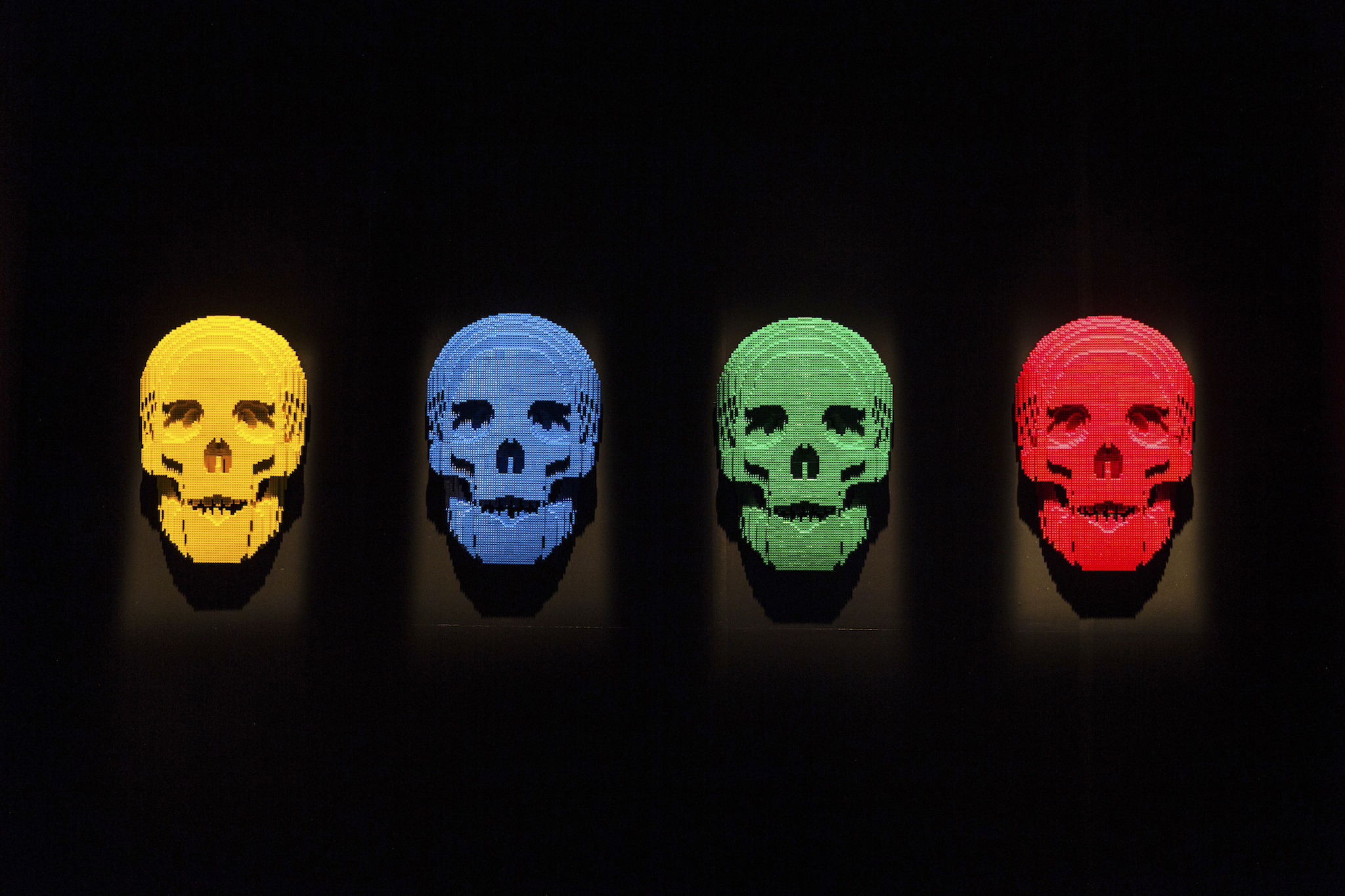Barboza is a great room to play. The staff is friendly, the sound is good, and there’s plenty of free beer. It’s unfortunate, then, that my memory of my most recent gig there was marred, ironically, by my own memory, or lack thereof.
Let me explain. We were six songs into our set and everything was going well. We were playing tight, the audience was engaged, and then it happened: Just as we kick into the chorus of a song we’d been playing for several months, the lyrics and chords simply vanished from memory. I stood there at center stage in a panic, but managed to sing gibberish over the melody. I muted my guitar strings with my left hand so my right could strum in rhythm without playing a wrong note, but it was as if an alien force had magically sucked out any trace of the song from my brain and I was simply left with mush. When the chorus was over, I remembered exactly where we were and I snapped back into place. By the time the second chorus rolled around, I was fine, my memory miraculously restored, and we finished the song without incident.
But why does this happen? How can someone so intimately connected to a song they’ve written, rehearsed, and performed hundreds or thousands of times, simply forget the words midstream? Talk to any musician or actor friends and they’ve likely experienced something like this. It’s a phenomenon that seems to affect nearly every kind of performer at some point in their career.
To understand this, it’s helpful to understand a bit about memory. Kristoffer Rhoads, a neuropsychologist at UW School of Medicine, explains that musical ability relies heavily on procedural memory, which aids in the performance of specific tasks, like juggling or playing piano, and which can be done almost unconsciously after they’ve been mastered. Once you learn to ride a bike, the ability to do so recedes to levels below conscious awareness. “It’s the kind of thing that athletes or musicians experience when they’re in the zone and not really thinking about what they’re doing but they’re doing it,” he says.
This kind of procedural memory allows a guitar player’s fingers to navigate a fretboard seemingly on autopilot, from verse to chorus, C to E minor, often while simultaneously singing lead vocals, stomping on pedals, leaping from amps, or thrusting hips toward the audience.
But memory is imperfect. One main reason performers can suddenly and unexpectedly forget a piece of a music is because of memory retrieval. “We know the architecture of the brain that’s involved in retrieval,” Rhoads explains. “It’s the area up above your eyes and in the middle of the frontal lobe. One thing that causes retrieval problems is stress or performance anxiety or the pressure we put on ourselves. It silences those networks.”
When a performer experiences a memory lapse onstage, they are activating their fight-or-flight instincts, part of their sympathetic nervous system. “It’s not wildly different than if you’re out hiking and you run into a bear on a trail,” Rhoads says. “Most of your blood flow shifts back to your vision cortex and these kind of deeper brain structures. Your frontal lobes, which are responsible for the retrieval of information and problem-solving, they go silent a little bit. The more stress, and the more you activate that sympathetic nervous system, the harder it is to pull the stuff up when you need it.”
This means that the worst thing a performer can do while suffering a memory lapse is to panic or get lost in the moment. In an interview with Jimmy Fallon on The Tonight Show, Andrew Rannells, who stars on HBO’s Girls, relays a traumatic experience during a stint on Broadway as King George in Hamilton. The part is nine minutes of solitary stage time, which wrought havoc on the actor’s nerves. “I did fine the first four shows,” he tells Fallon. “And then the fifth show, I walked out there and then nothing. I couldn’t remember the next line. I made a bold and maybe incorrect choice: I kept moving my lips, so I was like, ‘Maybe they’ll think my microphone went out.’ I looked like a crazy person. And then finally the conductor yelled up the lyric and I was fine. But it was the longest eight seconds of my life.”
Having a conductor available to aid in memory retrieval may be a handy solution, but it isn’t an option for most performers. This has prompted some musicians—Bruce Springsteen, Tom Petty, Miley Cyrus—to employ teleprompters during live gigs, a technology particularly helpful for older artists with vast catalogs that span decades. Paul McCartney has a teleprompter built into his piano. “To tell you the truth, I don’t really know my songs,” he confessed at a 2009 press conference in Washington, D.C. “I know my songs when I go on tour because I learn them to go on tour, but I actually I think there’s too many of them for me to retain them, so I don’t know them all. But I can learn!”
For non-superstars, Rhoads says something as simple as taping a note to a bass amp or the stage floor can help musicians tackle troubling parts of songs. He also suggests that trying to activate the body’s parasympathetic nervous system is helpful for snapping out of a memory lapse, since that process reregulates the frontal lobes. “Breathing is a good way to reactivate your rest and relax system. People will train up on that before they go into a performance setting so they can reactivate it quickly. For people who are really practiced at this, one deep breath cues that relaxation response, and they find they can get back on track more quickly.”
Ultimately, Rhoads says, the best way to deal with a memory lapse is to simply roll with it. “If you freak out about it, you’re kind of sunk.” Musicians should accept that the occasional lapse comes with the territory. It’s a very human thing to forget something. And audiences should be accepting too, especially since it’s exactly this shared experience that makes seeing live music so compelling. “I used to panic about that,” McCartney says, “but I realize now that the audiences don’t mind. In fact, they quite like it. They’re at the show where I forgot the words, and it makes that show special.”
music@seattleweekly.com








